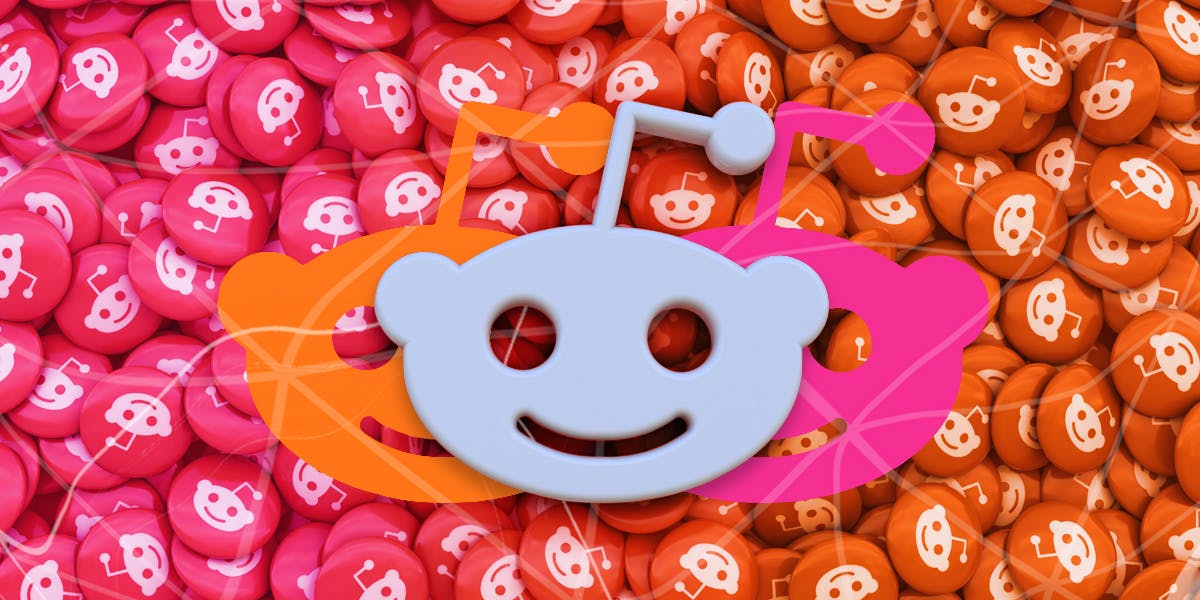
Dude Perfect — one of YouTube’s most long-lived and consistently popular channels — arose from humble beginnings. Friends and former roommates from Texas A&M University – including twins Cory and Coby Cotton, Tyler “The Beard” Toney, Garrett “The Purple Hoser” Holbert, and Cody “The Tall Guy” Jones – started posting collaborative videos back in April of 2009. Their very first release – featuring the members performing various trick shots at Tyler Toney’s house – received 200,000 views in its first week, which was considered hugely viral at the time. Good enough to get featured on “Good Morning America,” even.
Impressive trick shot compilations became the most visible and iconic of the comedy/sport team’s recurring segments. But the channel also evolved over time, eventually encompassing sketch comedy and even launching spinoff channels like “Dude Perfect Gaming” and “Dude Perfect en Español.” Today, the main channel has over 60 million followers, good enough for YouTube’s Top 50 overall, and their internet success has allowed the guys increased offline opportunities, including basic cable shows and lucrative national tours.
This week, the group raised more than $100 million – and reportedly as much as $300 million – from private investment firm Highmount Capital, which they plan to use to grow the business via a variety of new avenues. Though it’s one of the largest and most notable such deals to date, the Dude Perfect guys are not alone in converting visible online empires into real-world big-money deals.
$100 million was also the rumored price tag that Amazon offered Jimmy “MrBeast” Donaldson to create original content for the Prime Video platform. Donaldson told Time Magazine earlier this year that he brings in around $600-$700 million annually from his work, though some of these funds get reinvested back into his content.
Back in February, podcast legend Joe Rogan signed a new multi-year deal with Spotify, which is likely worth around $250 million, according to the Wall Street Journal. That’s a significant increase over Rogan’s $100 million deal, signed in 2020, and that one kept his “Joe Rogan Experience” show exclusive to Spotify; this new deal allows him to also post on YouTube.
And breakout social media comedian Matt Rife also just announced a new Netflix deal this week. He’ll produce two new comedy specials for the streamer, along with an original workplace comedy series set at a gym that he’ll both star in and write. After a number of clips featuring Rife doing stage work and riffing with his audience at shows went viral on TikTok, and his self-produced YouTube specials garnered a combined 43 million views, he sold 600,000 tickets for his upcoming world tour in just 48 hours.
The Dude Perfect deal is not just notable for its scale and timing, though. It’s a perfect example of how a straightforward single-platform concept – a YouTube channel dedicated to compilations of charismatic bros doing impressive trick shots – can morph over time into a dynamic and robust multi-platform transmedia brand.
Highmount Capital isn’t giving these guys $100 million because they can throw a football over a building. There are lots of plans for how to spend this money, many of which aren’t simply posting videos and then running ads alongside them. In addition to expanding their creative and management teams, Dude Perfect plans to use the money on a free ad-supported streaming app, an international tour, and most significantly, a massive three-story “headquarters” in Frisco, Texas, that would be open to the public.
This isn’t just some office. The facility is estimated to cost up to $100 million to build all on its own. Plans include a production facility, a family-friendly entertainment destination, a retail store, spaces for gaming and podcasts, a museum, a 330-foot tower in which attendees can try out their own trick shots, a miniature golf course, restaurants, and more.
Is this really so different from, say, the Dragon Ball theme park recently announced for Riyadh, Saudi Arabia’s Qiddiya City development, or Universal Parks constructing Super Mario Worlds? Not really. At this point, “Dude Perfect” is a viable IP, just like those iconic cartoons and video games. At that level of visibility and success, it all functions in the same way, allowing for new spinoff projects, synergistic crossover opportunities, merch sales, and beyond.
Obviously, just a handful of creators will ever reach this extreme level of long-term success. But there are nonetheless a few clear lessons to take away. Don’t be afraid to think BIG, most prominently. Even if you’re just shooting hoops in your friend’s yard, no idea is too small or concept too low-key to eventually become a media juggernaut.
In fact, the simplicity of Dude Perfect as a concept likely helped them to reach this point in their collective careers. A bunch of funny jocks who do amazing trick shots are remarkably easy to explain to a friend, and a fun clip to share with your feed. Trick shots cross language and cultural boundaries. They appeal to young and old. There’s nothing divisive or upsetting or controversial about them. They’re the Mickey Mouse or Coca-Cola of YouTube categories. Universally appealing and immediately accessible. Who doesn’t want to go to a 330-foot tower and try them out for themselves? Hint: No one.




